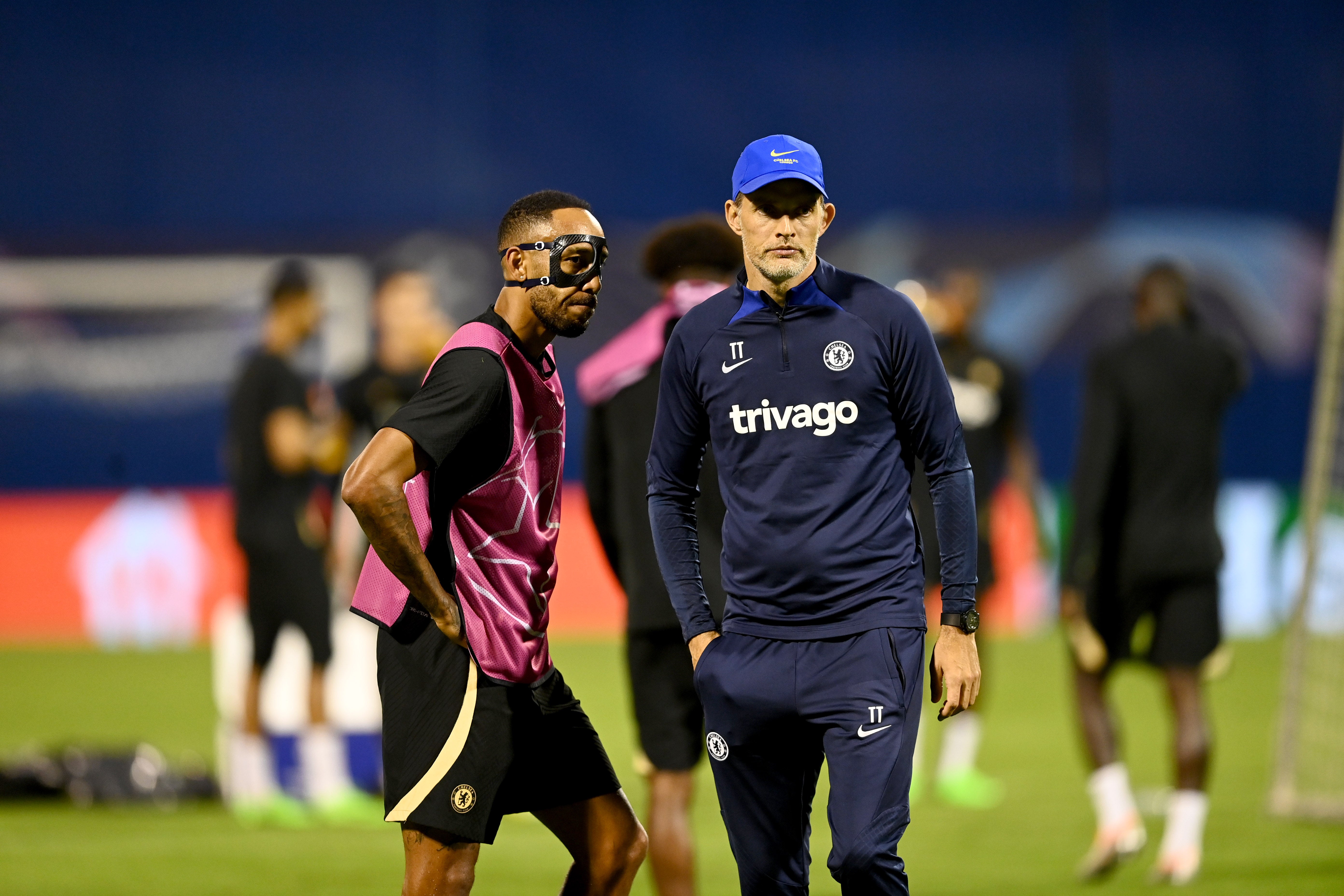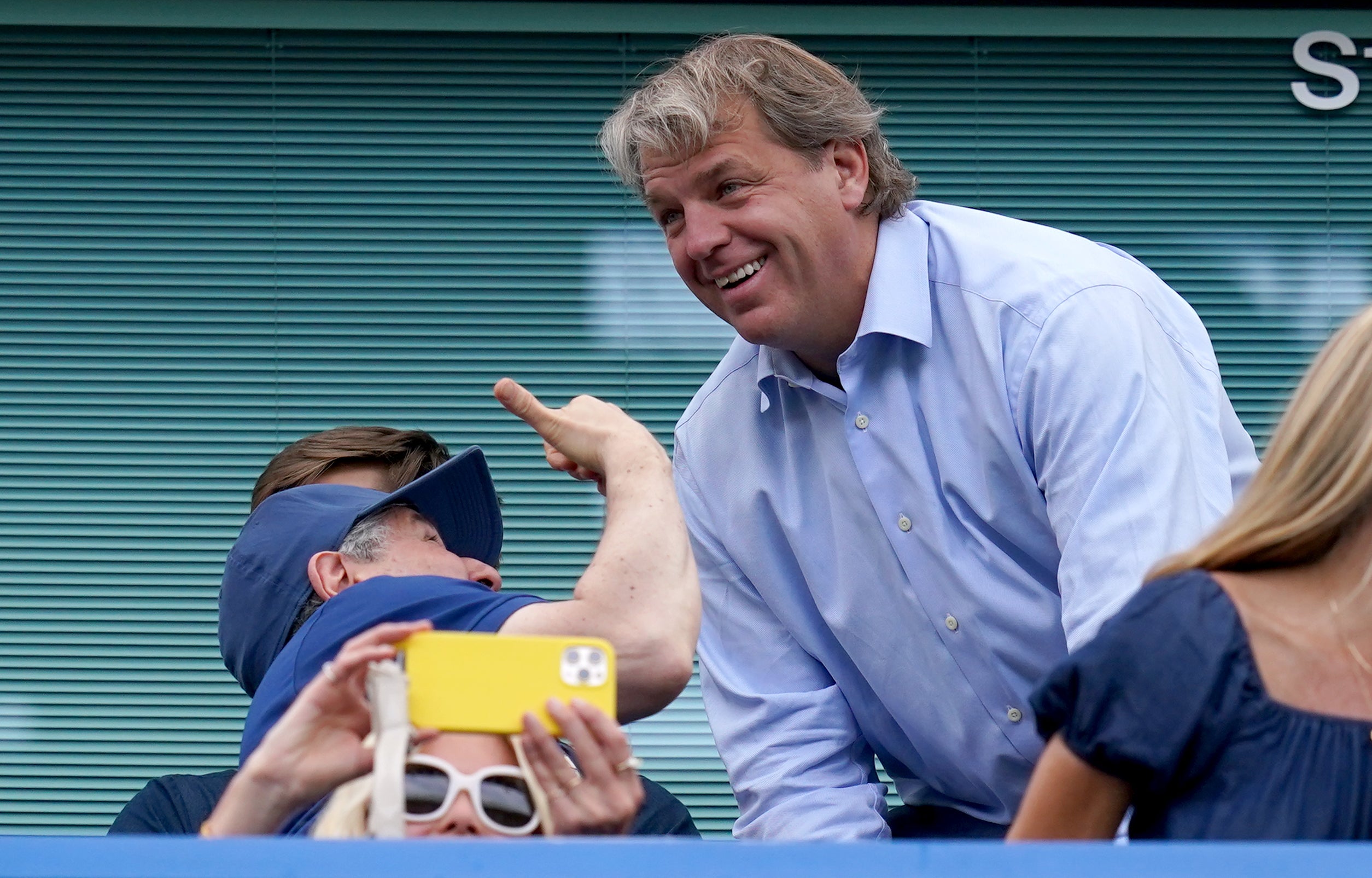
Jurgen Klopp has seen off five Chelsea managers, plus the odd caretaker, during his time at Liverpool, but it was only four when he surveyed Thomas Tuchel’s inheritance. “This Chelsea squad is a present and I am pretty sure Thomas sees it like that,” he said in January 2021.
A few weeks later, Chelsea won at Anfield; three months after that, they won the Champions League. Klopp might have excelled as the analyst but Tuchel proved himself the alchemist, taking a group who were ninth when Frank Lampard was sacked to continental glory.
Now it is Tuchel who has been sacked. He achieved at great speed but his reign unravelled similarly quickly. His successor may deem the squad he has bequeathed a gift; for Tuchel, it looked an expensive mess. Tuchel flourished with other managers’ players and failed with his own, albeit in a small sample size. Chelsea spent around £260million this summer to get worse; arguably, to descend into crisis inside seven games.
Wesley Fofana played two matches for Tuchel, Pierre-Emerick Aubameyang one in their reunion, Denis Zakaria and Carney Chukwuemeka none after arriving. Raheem Sterling at least got seven, thought he spent some of the last in central midfield. Perhaps, in time, Tuchel’s recruits would have found roles and his buying would have produced a team that was definitively his own, but it looked like scattergun spending that brought self-inflicted wounds. Tuchel ended up fatally hurt.
The more players he signed, the less he seemed to know what to do with them all. The more caustic the criticisms became, too: Tuchel went from a manager who galvanised his players to one who blamed them. He lost the coherence, the clarity of thought, the structure that made his side so formidable. Give him 45 minutes on a plane from France to devise a formation for a group of strangers and he was outstanding; give him a quarter of a billion, a huge list of targets and it was a recipe for confusion.
The initial identity his Chelsea forged was so strong they struggled to move on. They had an outstanding defensive record with a back three, but were never as convincing with a back four. They were specialists at winning low-scoring games but, with the exception of Mason Mount, Tuchel’s time was one of varying degree of underachievement for most of their forwards. He never did make them potent. Perhaps, on reflection, the beginning of the end came not with their troubled start to this season, or even the sanctions placed on Roman Abramovich, but his inability to make Romelu Lukaku and his Chelsea look anything other than a mismatch. The loaned-out Lukaku now forms part of the conundrum for Tuchel’s replacement; the sense is that Chelsea have a bunch of players, rather than a team.

Tuchel arrived in England with a reputation for managing upwards badly. His downfall at Stamford Bridge came more from managing downwards poorly. By the end, it seemed as though he only trusted a handful of players. Edouard Mendy was dropped for his last game, Kai Havertz for his penultimate match. Reece James spent some of this season at centre back because of his doubts about Cesar Azpilicueta. Christian Pulisic and Hakim Ziyech rarely commanded Tuchel’s faith anyway but could be substitutes or wing backs. Ben Chilwell saw a £60m player signed in his position. Tuchel struggled to work out what to do with Conor Gallagher. Some of Chelsea’s summer business was devoted to young players but Tuchel’s innate preference was for the tactically disciplined types who could follow orders. Chelsea were regimented for efficiency, not liberated to entertain. Their defensive record was astonishingly good at the start of Tuchel’s reign; they looked increasingly ragged towards the end as they lost control, which had been their greatest attribute.
They lost Antonio Rudiger, too, and two finals to Liverpool on penalties, costing him solidity at the back and the sheen of a winner, and all may have contributed to Tuchel’s demise. The pace of it feels remarkable, even by Chelsea’s standards. Jose Mourinho was sacked on 19 September in 2007 and Gianluca Vialli on September 12 in 2000 but Todd Boehly has acted still quicker than Abramovich or Ken Bates.

Which is not exactly a compliment. Boehly feels a crushing failure as a sporting director, a new owner who removed the previous powerbrokers, authorised the biggest outlay in the history of English football, somehow still compiled a distinctly uneven squad with what looks a weaker team than a year ago and has sacked the manager before some of his signings have even debuted.
Chelsea can suggest they are looking to the long term now. Maybe they actually are, though the last few months scarcely indicate as much. But Tuchel walked into a club with a tradition of short-termism and specialised in the immediate impact. He had a golden 2021 and a turbulent, troubled 2022. Both are reflected in Chelsea’s curious position now.
They are the reigning world champions of the club game and they seem in complete turmoil.







